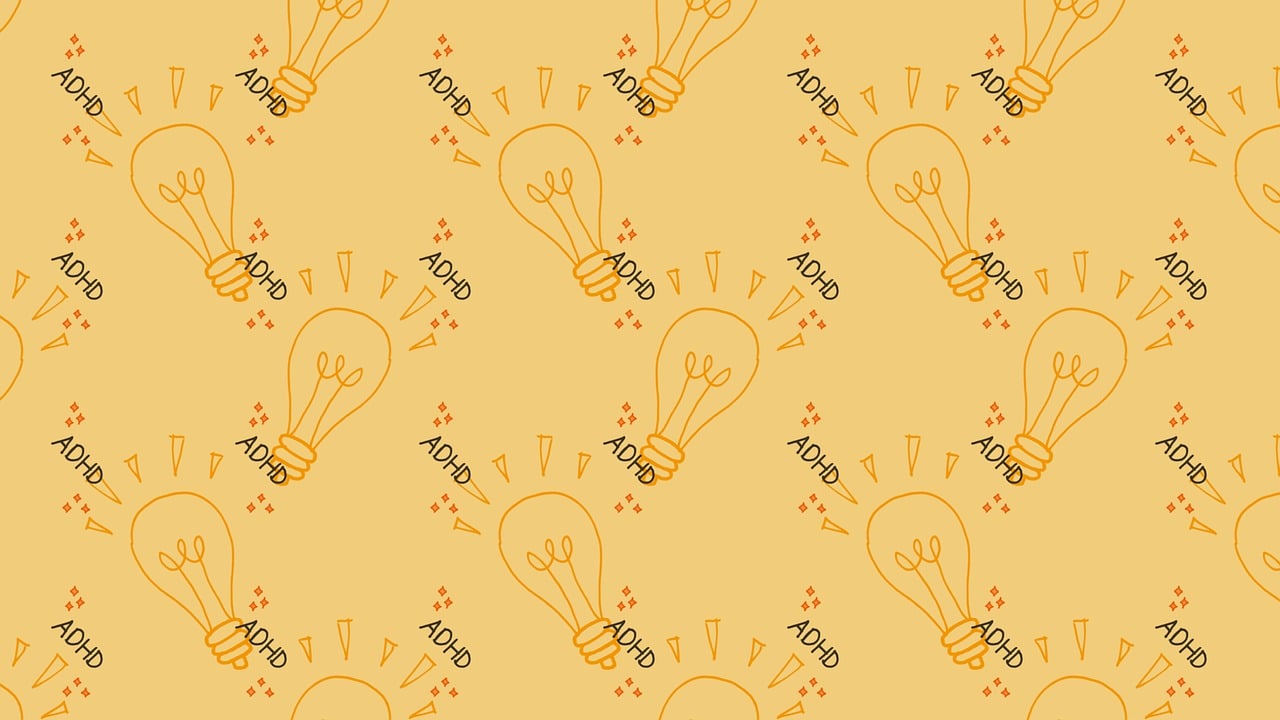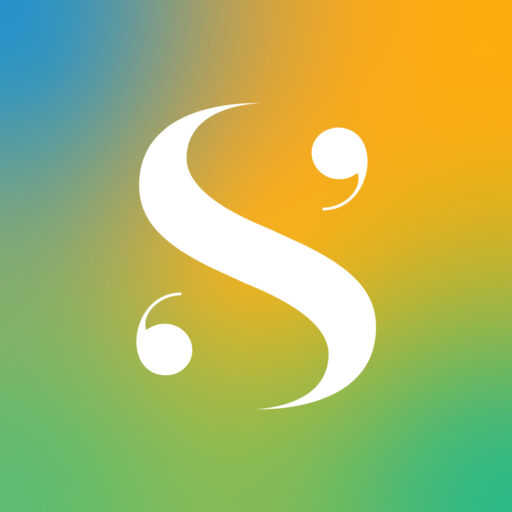Has a book ever changed your life? It’s something you’ll see in reviews quoted in book blurbs all too often, but it’s rare that a book actually has that much of an impact. But it happened to me.
In November 2023 I received my autism diagnosis, which was entirely expected, but while I was reading up more about the condition afterwards, I made a genuinely startling discovery about myself. I also have ADHD.
The book was Unmasked by Ellie Middleton and it’s an incredibly useful guide to neurodiversity, focusing on both autism and ADHD. And while I didn’t have much left to learn about autism by that stage, the chapters on ADHD had a lot to teach me, starting a journey that culminated in my diagnosis six months later.
So why did it take more than 43 years for me to realise this about myself? Mostly, ignorance. Like many of us, my understanding of ADHD was entirely built upon depictions in films and TV shows, usually of a hyperactive ‘naughty’ kid fidgeting and being disruptive in class, talking too much, interrupting people and getting given Ritalin to calm him down.
That’s never been me, so even while I was exploring my life through the prism of being late-discovered autistic adult, I didn’t see any signs of ADHD. But then I read in Unmasked about the ‘inattentive’ side of the condition and all of a sudden it made sense. All of a sudden I made sense.
I had no idea that there are three types of ADHD, which are summarised as:
– Inattentive: difficulties with sustained attention, organisation and executive functioning, often leading to trouble focusing, staying on task and completing activities.
– Hyperactive: issues with hyperactivity, impulsivity and excessive physical restlessness, leading to difficulty staying still and potentially disruptive behaviours.
– Combined: As the name suggests, a combination of traits from both of the above types.
I was never the hyperactive, disruptive child at school, I was always the quiet one who behaved as he was meant to, but I was also the daydreamer who would spend lessons trying to work out who shot Mr Burns in The Simpsons or writing lists of my favourite films or albums.
I was also the one who would leave his homework until the very last minute to get it done, meaning that I’d end up scrawling unintelligible and rushed essays on the bus or at break time just before I needed to hand them in.
When it came to revision for exams, I’d sit diligently at home and stare at the books in front of me, taking nothing in, which meant that while I managed to glide through my GCSEs ok, I crashed and burned when I got my A-Levels, getting nowhere near my predicted grades.
Looking back now, I can see how my ADHD was the cause of the disastrous grades I received that morning, but at the time the only explanations were that I either hadn’t tried hard enough or wasn’t as clever as everyone thought.
There’s a lot of internalised shame that comes with being undiagnosed AuDHD (the unofficial term for someone who has both ‘disorders’). The habits we don’t understand are neurodivergent traits just appear to us and others as failings – we’re lazy, too quiet, too loud, disorganised, disruptive.
That’s why awareness remains a hugely important aspect of neurodivergence. Even though I had found out that I was autistic last year, without Ellie’s book, I probably wouldn’t have discovered that I also had ADHD and an enormous part of the puzzle would still be missing.
Since then I’ve been able to learn enough about ADHD to be able to deliver a presentation to Social colleagues about it, covering related issues like emotional dysregulation, executive dysfunction and rejection sensitivity dysphoria, as well as tips for dealing with motivation and procrastination.
ADHD still affects me every day in the way I work, but what I’m learning is not only helping me to make the most of the positive traits it brings, but also to mitigate the impacts of the more challenging traits – as well as helping colleagues to understand roles they can play in working with my needs.
As with any late-discovered neurodivergent person, there are regrets that it took my into my 40s to get these diagnoses, but also pride at what I’ve achieved despite not realising that I had at least one hand tied behind my back throughout my education and most of my career to date.
And, most of all, a desire to do whatever I can to spread awareness and help people on a similar journey to have this opportunity to gain self-acceptance and support.
By James Ellaby, Senior content writer


